Drainage 101: why it’s step one in your detox journey
Vitamin D: What you need to know
Vitamin K
Vitamin K functions as a coenzyme required for the synthesis of proteins involved in blood clotting and bone metabolism, plus other diverse physiological functions. Vitamin K refers to a fat-soluble vitamin found in foods and offered as a dietary supplement. The body requires vitamin K mainly for post-synthesis of certain proteins that are required for blood coagulation during the skin healing process.
FAQ's
Vitamin K is very important in the systems involved in blood clotting. It functions as a coenzyme for an enzyme required in protein synthesis. Coenzymes are molecules that help speed up the reactions in your body. Prothrombin is essential in blood clotting.
Some of the most common symptoms of Vitamin K deficiency include excess bleeding since Vitamin K plays a role in the proteins in the blood, which helps a cut or wound to clot and heal properly. However, in general, having Vitamin K deficiency could cause one to bruise easily, result in blood in the stool and urine and even lead to excessive bleeding, Women may have heavy periods and may potentially have bone health concerns. Vitamin K deficiency results from insufficient dietary vitamin K1 or vitamin K2 or both.
Taking Vitamin D with Vitamin K isn't required. There isn't much to be concerned about in terms of combining these two vitamins, as they can be taken individually. A limited number of vitamin D3 and K2 combination products are available for those who may need both.
Newborns are the most at risk of becoming Vitamin K deficient because the vitamin doesn’t transfer well from the mother’s placenta. Also, newborns’ bodies aren’t able to produce any vitamin K2 in their first few days of life, so this is offered as a supplement boost for baby, after they are born.




